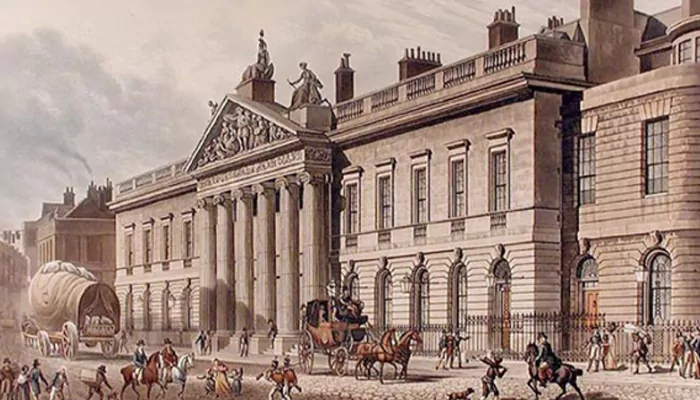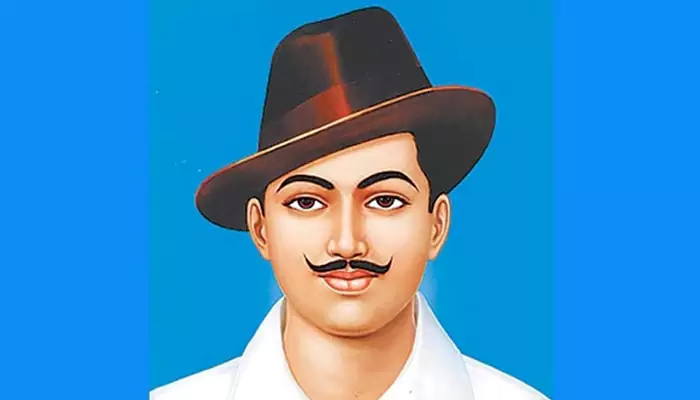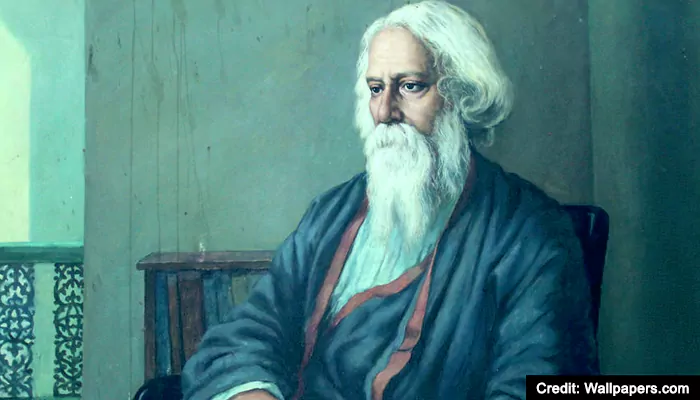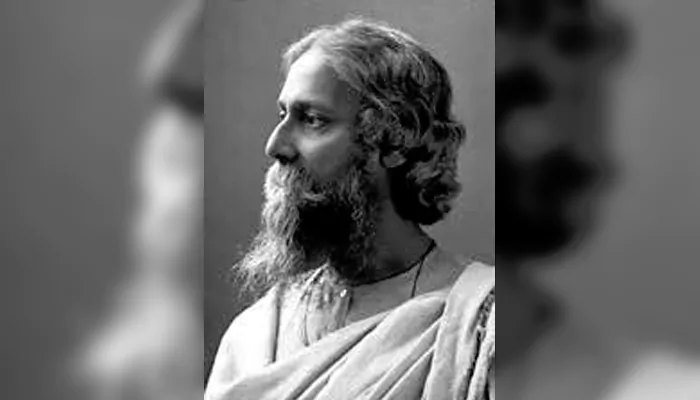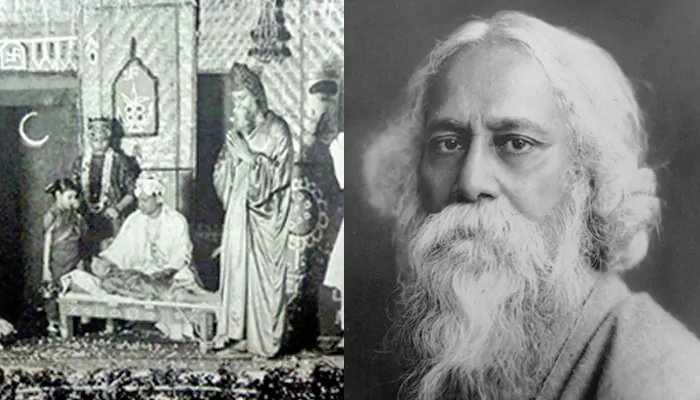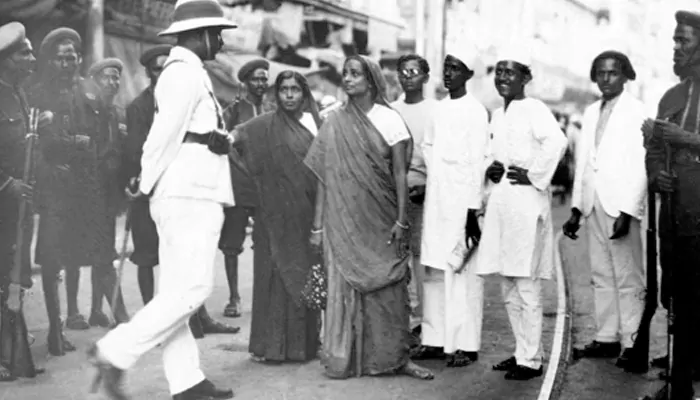Oddities in History: 10 Peculiar Habits of Famous Figures from the Past
- Admin
- 1 year ago
- 5 minutes read

History is filled with fascinating personalities whose quirks and eccentricities have intrigued and amused us for generations.
From peculiar daily routines to bizarre obsessions, these habits provide a glimpse into the human side of famous figures, making them more relatable and vividly bringing history to life. Here are ten peculiar habits of renowned individuals from the past that will leave you both astonished and entertained.
Ludwig van Beethoven's Ice Water Head-Dunks
The genius composer Ludwig van Beethoven had a rather unconventional method for stimulating his creativity. Before sitting down to compose, Beethoven would pour ice-cold water over his head. He believed this invigorating shock would awaken his senses and inspire his musical genius. While this habit might seem extreme, it evidently worked wonders for his productivity, resulting in some of the most extraordinary music ever composed.
Lord Byron's Pet Bear
The famed Romantic poet Lord Byron was known for his wild lifestyle and flamboyant personality. While in college, he was dismayed to discover that dogs were not allowed in the dormitory. Undeterred, Byron decided to bring a bear instead. He argued that the college rules did not explicitly forbid bears, and thus he kept the animal in his rooms, much to the astonishment and amusement of his contemporaries.
Thomas Edison's Catnaps
Inventor Thomas Edison was notorious for his relentless work ethic, often working up to 20 hours a day. To sustain this gruelling schedule, Edison adopted the habit of taking frequent catnaps throughout the day. He would sleep for no more than 20-30 minutes at a time, believing that these short naps kept his mind sharp and his creativity flowing.
Nikola Tesla's Toe Exercises
The eccentric inventor Nikola Tesla was renowned for his groundbreaking contributions to electrical engineering and his unusual habits. One of his most peculiar routines involved daily toe exercises. Tesla believed that curling his toes 100 times per foot each night before bed stimulated his brain cells, enhancing his cognitive abilities and overall health. While there's no scientific basis for this belief, Tesla swore by its effectiveness.
Winston Churchill's Horizontal Work Habits
British Prime Minister Winston Churchill had an unconventional approach to his work routine. He often spent a significant portion of his day working from his bed. Churchill would dictate letters, read documents, and even conduct meetings while comfortably reclining. This habit extended to his afternoon naps, which he considered essential for maintaining his high energy levels and sharp mind during the intense periods of World War II.
Honoré de Balzac's Coffee Addiction
The prolific French novelist Honoré de Balzac had an extraordinary caffeine habit that fuelled his prodigious writing output. Balzac reportedly drank as many as 50 cups of coffee a day to sustain his energy levels and creativity. He believed that coffee was essential for his intense writing sessions, which often lasted from early morning until late at night. This extreme caffeine consumption eventually took a toll on his health, but it also contributed to his vast literary legacy.
Albert Einstein's Mismatched Socks
The brilliant physicist Albert Einstein was famous not only for his groundbreaking theories but also for his disdain for conventional attire. One of his most peculiar habits was wearing mismatched socks, or sometimes no socks at all. Einstein found socks bothersome and saw no reason to adhere to societal norms regarding footwear. This quirky preference became a symbol of his nonconformist attitude and unique approach to life.
Franz Kafka's Midnight Writing Sessions
The acclaimed writer Franz Kafka had a habit of writing late at night, often beginning his work after midnight and continuing until the early hours of the morning. Kafka's nocturnal routine was partly due to his day job at an insurance company, but he also believed that the quiet solitude of night inspired his creativity.
Howard Hughes' Obsessive Cleanliness
The American business magnate Howard Hughes was known for his obsessive-compulsive disorder, which manifested in extreme habits of cleanliness and germophobia. Hughes would isolate himself for long periods, wearing tissue boxes on his feet and demanding that his staff handle documents with gloves to avoid contamination. His obsession with cleanliness became more pronounced over the years, significantly impacting his lifestyle and interactions.
Catherine the Great's Hermitage Dinners
The Empress of Russia, Catherine the Great, was not only a powerful and enlightened ruler but also known for her unique dining habit. She loved hosting intimate dinners at the Winter Palace’s Hermitage, where only the most select guests were invited. Catherine had a peculiar rule: conversations at these dinners had to be enlightening and witty, with dull or uninteresting talk being strictly forbidden. This ensured that her dinner parties were always intellectually stimulating and engaging, reflecting her love for knowledge and culture.
These peculiar habits of famous figures from the past offer a fascinating glimpse into the eccentricities that shaped their lives and legacies. While some of these behaviours might seem bizarre or inexplicable, they also highlight the human side of these historical icons. Their quirks and routines remind us that greatness often comes with its own set of oddities, adding depth and intrigue to their enduring stories, leaving indelible marks on history.

